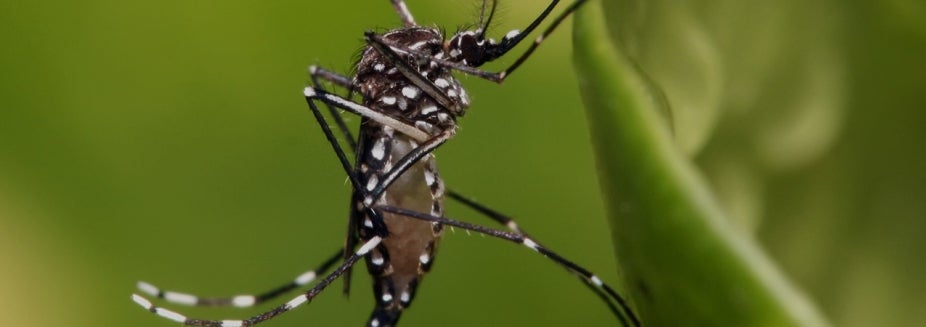Emergence of Zika and Other Climate-Sensitive Viruses in the Americas
The Zika, dengue, and chikungunya viruses are all transmitted by the same mosquito species: Aedes aegypti. Meteorological and human factors shape the transmission of these viruses in numerous ways by determining when, where, and how virus transmission occurs. Scientists Mary Hayden and Andrew Monaghan will discuss ongoing research at NSF NCAR focused on better understanding and predicting when and where Aedes aegypti mosquitoes will be present, why these viruses are expanding in the Americas, and what to expect in the future.
Mary Hayden
Mary Hayden is a behavioral scientist and co-leader of the NSF NCAR Weather, Climate, and Health Program. She is an adjoint faculty member at the University of Colorado School of Public Health as well as a guest researcher with the U.S. Centers for Disease Control and Prevention. Her primary research focuses on the human behavioral component of climate-sensitive health and disease issues, including community participatory research and the characterization of population vulnerability to health threats influenced by weather and climate.
Andrew Monaghan
Andrew Monaghan is an atmospheric scientist and co-leader of the NSF NCAR Weather, Climate, and Health Program. He is also a guest researcher with the U.S. Centers for Disease Control and Prevention. His work emphasizes the use of computer modeling and related techniques to study climate-sensitive health and disease issues.
